Britain & Ireland 1509-1745
In this section you will find articles to help you unpick the truths from the myths of the Tudor period, examine how Cromwell took the country to war and explore how some the most important political thinkers began to shape the modern world. There is also guidance for teaching some of the information collected here to pupils and different age ranges.
Sort by:
Date (Newest first) | Title A-Z
Show:
All |
Articles |
Podcasts |
Multipage Articles
-

Minimalist cause boxes for maximal learning: one approach to the Civil War in Year 8
ArticleClick to view -

Move Me On 183: sees no reason to include Black or Asian British history
ArticleClick to view -

Northamptonshire in a Global Context
ArticleClick to view -
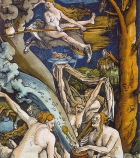
Occult and Witches
ArticleClick to view -
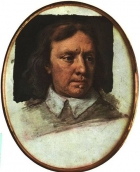
Oliver Cromwell 1658-1958
ArticleClick to view -
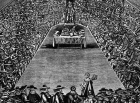
Planning increasingly complex causal models at Key Stage 3
ArticleClick to view -
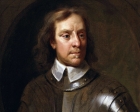
Polychronicon 114: interpretations of Oliver Cromwell
ArticleClick to view -

Polychronicon 122: The Gunpowder Plot
ArticleClick to view -

Polychronicon 147: Witchcraft, history and children
ArticleClick to view -
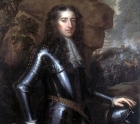
Polychronicon 151: Interpreting the Revolution of 1688
ArticleClick to view -
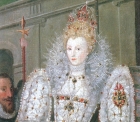
Polychronicon 154: Elizabeth I
ArticleClick to view -

Polychronicon 161: John Lilburne
ArticleClick to view -

Putting black into the Union Jack: weaving Black history into the Year 7 to 9 curriculum
ArticleClick to view -
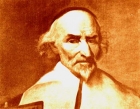
Regional Aspects of the Scottish Reformation
ArticleClick to view -
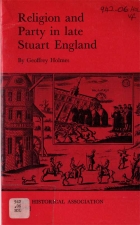
Religion and Party in Late Stuart England
ArticleClick to view -
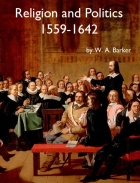
Religion and Politics 1559-1642
ArticleClick to view -
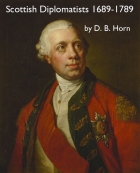
Scottish Diplomatists 1689-1789
ArticleClick to view -
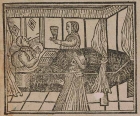
Seeing beyond the frame
ArticleClick to view -

Shaping macro-analysis from micro-history
ArticleClick to view -

Sir William Petty: Scientist, Economist, Inventor, 1623-1687
ArticleClick to view

